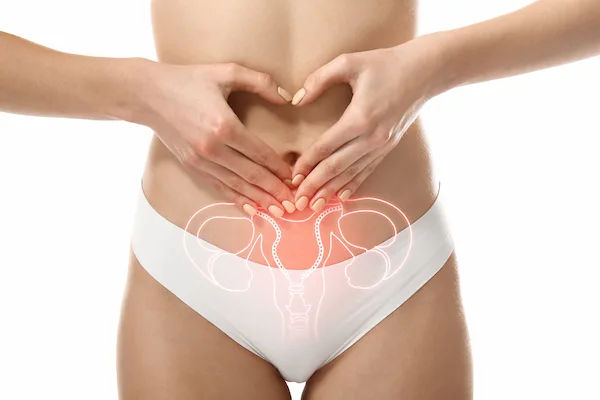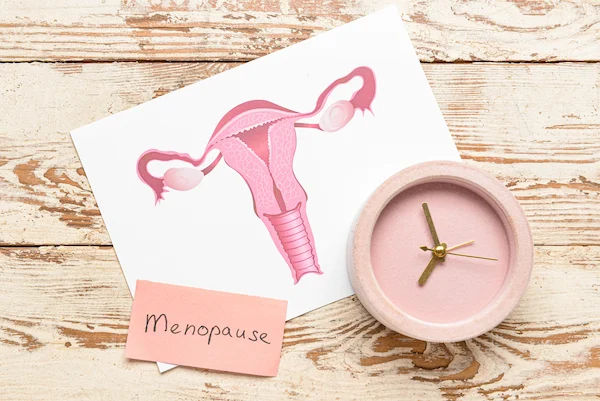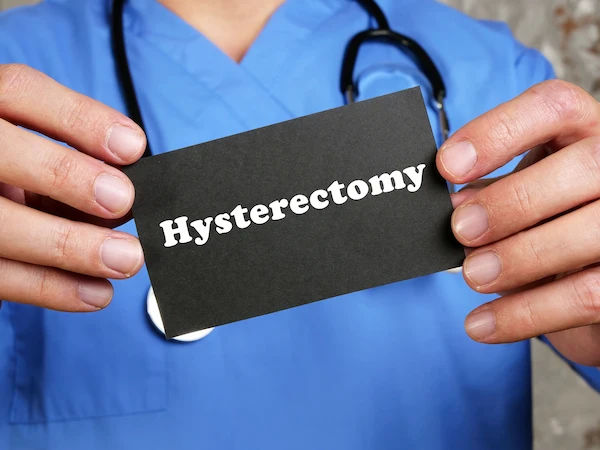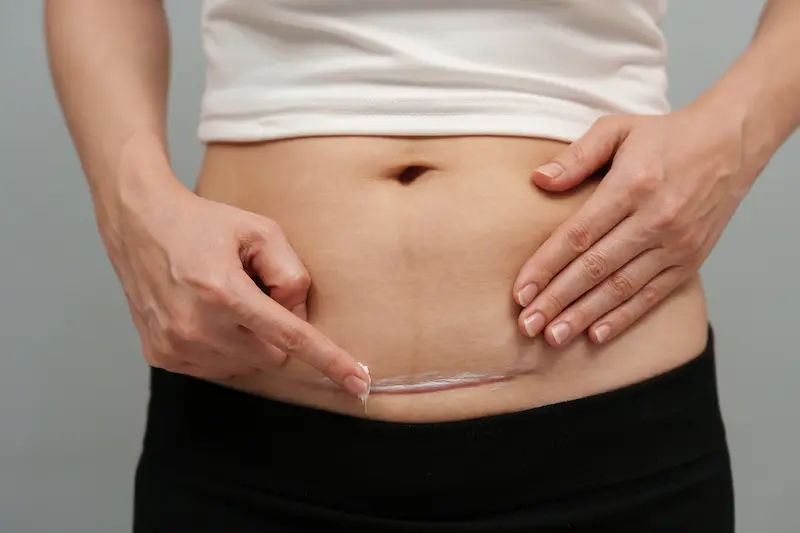Are Fallopian Tubes Removed During Hysterectomy
Wondering if fallopian tubes are removed during a hysterectomy? Learn when and why salpingectomy is performed, its benefits, and how it impacts your health and recovery.

Written by Dr. Dhankecha Mayank Dineshbhai
Reviewed by Dr. Rohinipriyanka Pondugula MBBS
Last updated on 13th Jan, 2026

Introduction
A hysterectomy is a common surgical procedure where the uterus (womb) is removed. Many women wonder whether their fallopian tubes are also removed during this surgery. The answer depends on the type of hysterectomy and the patient’s specific health needs.
In this article, we’ll explain what happens to the fallopian tubes during a hysterectomy, why they might be removed, and what it means for your health.
What Is a Hysterectomy?
A hysterectomy is a surgery to remove a woman’s uterus. Depending on the reason for the surgery, different types of hysterectomies may be performed:
1. Total Hysterectomy – The entire uterus, including the cervix, is removed.
2. Partial (Supracervical) Hysterectomy – Only the upper part of the uterus is removed, leaving the cervix intact.
3. Radical Hysterectomy – The uterus, cervix, and surrounding tissues, like lymph nodes, are removed, usually in cases of cancer.
Consult Top Specialists for Personalised Care
Are Fallopian Tubes Removed During Hysterectomy?
The fallopian tubes are not always removed during a hysterectomy, but in many cases, they are. Here’s why:
1. Prophylactic (Preventive) Removal
In many cases, the fallopian tubes are removed as a preventive step to reduce the risk of future health complications, especially certain cancers.
Research shows that some ovarian cancers may actually start in the fallopian tubes.
Removing the tubes (salpingectomy) may reduce the risk of ovarian cancer in the future.
Many doctors recommend removing the tubes even if the ovaries are kept.
2. Medical Necessity
Sometimes, existing medical conditions affecting the fallopian tubes make their removal necessary for optimal recovery and long-term health.
If there are issues like infections (hydrosalpinx), blockages, or endometriosis affecting the tubes, they may be removed.
In cases of pelvic inflammatory disease (PID) or ectopic pregnancy history, removal might be advised.
3. Ovaries May or May Not Be Removed
The decision to remove the fallopian tubes often depends on whether the ovaries are being taken out as well, which varies based on individual health needs.
If the ovaries are removed (oophorectomy), the fallopian tubes are usually removed as well.
If the ovaries are kept, the tubes may still be taken out to lower cancer risk.
What Happens If Fallopian Tubes Are Removed?
If your fallopian tubes are removed during a hysterectomy, here’s what you should know:
No Impact on Hormones – The tubes do not produce hormones, so removing them does not affect menopause or hormone levels.
No More Pregnancies – Since the uterus is gone, pregnancy is no longer possible, whether the tubes are removed or not.
Possible Lower Cancer Risk – Removing the tubes may reduce the risk of ovarian cancer.
Recovery After Hysterectomy
Recovery time varies depending on the type of surgery (open, laparoscopic, or robotic). Generally:
Hospital Stay: Around 1–3 days, depending on the procedure.
Full Recovery: Typically 4–6 weeks for most patients.
Activity Restrictions: Heavy lifting and strenuous exercise should be avoided during this period.
When to Consult a Doctor
If you’re considering a hysterectomy or have concerns about fallopian tube removal, talk to your doctor. They can help you decide the best option based on your health needs.
If you need expert advice or are planning a hysterectomy, Apollo 24|7 offers consultations with experienced gynecologists. You can schedule an appointment easily through the Apollo 24|7 app or website.
Final Thoughts
Whether fallopian tubes are removed during a hysterectomy depends on your medical condition and preventive health measures. Many doctors recommend removing them to lower cancer risk, but the decision should be made after discussing with your healthcare provider.
If you have any concerns or symptoms, don’t hesitate to seek medical advice. Your health is important, and understanding your options can help you make the best decision for your well-being.
Consult Top Gynaecologists
Consult Top Specialists for Personalised Care

Dr. Sravanthi Pandala
Obstetrician and Gynaecologist
9 Years • MBBS, MMS(OBG).,FMAS.,F.ART.,DRM(Germany).,
Nellore
Apollo Speciality Hospitals, Nellore
(100+ Patients)

Dr. Lavanya S
Obstetrician and Gynaecologist
14 Years • MBBS., MD(Obstetrics & Gynaecology)
Nellore
Apollo Speciality Hospitals, Nellore
(150+ Patients)

Dr. Savitha Shetty
Obstetrician and Gynaecologist
24 Years • MBBS, MRCOG, MD (Obs & Gyn) , DGO
Bengaluru
Apollo Hospitals Sheshadripuram, Bengaluru
(200+ Patients)

Dr. Damayanti Pentiyala
Obstetrician and Gynaecologist
27 Years • MBBS, MD
Khammam
Kinnera Hospital, Khammam
(275+ Patients)
Dr. K Anusha
Obstetrician and Gynaecologist
4 Years • MBBS, DGO
Yemmiganur
SRINIVASAA HOSPITAL, Yemmiganur
Consult Top Gynaecologists

Dr. Sravanthi Pandala
Obstetrician and Gynaecologist
9 Years • MBBS, MMS(OBG).,FMAS.,F.ART.,DRM(Germany).,
Nellore
Apollo Speciality Hospitals, Nellore
(100+ Patients)

Dr. Lavanya S
Obstetrician and Gynaecologist
14 Years • MBBS., MD(Obstetrics & Gynaecology)
Nellore
Apollo Speciality Hospitals, Nellore
(150+ Patients)

Dr. Savitha Shetty
Obstetrician and Gynaecologist
24 Years • MBBS, MRCOG, MD (Obs & Gyn) , DGO
Bengaluru
Apollo Hospitals Sheshadripuram, Bengaluru
(200+ Patients)

Dr. Damayanti Pentiyala
Obstetrician and Gynaecologist
27 Years • MBBS, MD
Khammam
Kinnera Hospital, Khammam
(275+ Patients)
Dr. K Anusha
Obstetrician and Gynaecologist
4 Years • MBBS, DGO
Yemmiganur
SRINIVASAA HOSPITAL, Yemmiganur




